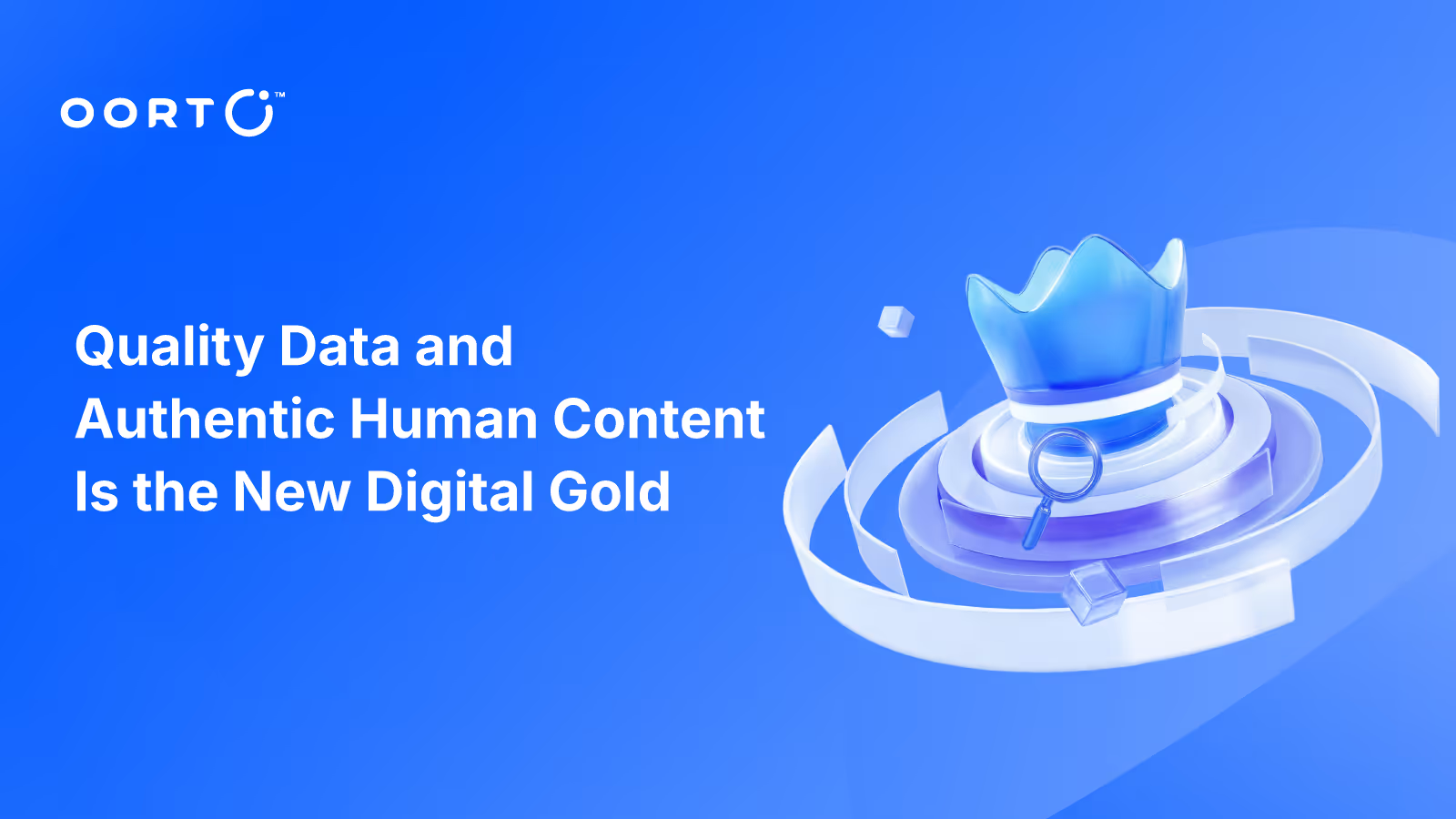In today’s hyper-connected world, we’re swimming in data. Every second, people generate and consume content: text, photos, videos, voice clips, and more, at an explosive rate. At first glance, this abundance looks like a goldmine for training artificial intelligence. But dig a little deeper, and a troubling trend becomes clear.
AI is now creating a growing portion of the content we see online. From synthetic news summaries to AI-generated art and social media posts, the digital world is increasingly shaped by machines. This shift has profound implications: the web, once a messy but richly human archive, is becoming a mirror hall of recycled content.
And that creates a major problem for the next generation of AI.
AI models, including large language models (LLMs), rely on training data that reflects the complexity, nuance, and originality of human thought. When the majority of online content is machine-generated, future models risk learning from derivative patterns, not real-world understanding. This will lead to more non-authentic content and knowledge. Also, when datasets are not diverse, AI can develop biases that not only affect accuracy but also lead to unfair or unreliable outcomes.
We’re approaching a tipping point: a global shortage of authentic, human-generated data. Verified, machine-free, high-quality information will soon be one of the rarest and most valuable digital assets. The ability to access and leverage genuinely original, human-created information will become the ultimate competitive differentiator.
This understanding is at the core of our mission.
At OORT, we are building an infrastructure and practical model focused on becoming the leading provider of precisely this type of invaluable data. Our efforts are dedicated to developing the infrastructure and pioneering methodologies necessary to collect, rigorously verify, and confidently license authentic information with 100% traceable provenance. These are not merely datasets, they are the bedrock upon which the quality, originality, and future progress of large language models (LLMs) and other AI systems will depend.
As the digital tide turns, and the distinction between human and machine output blurs, companies that aspire to remain competitive in the rapidly evolving AI space will find that access to these high-integrity datasets is not a luxury, but an absolute necessity. And when that need arises, we will be the ones providing the genuine, unadulterated intelligence that fuels the next generation of AI breakthroughs.
In this new frontier, authentic human-generated data is not just valuable, it becomes the new digital gold.
Moreover, following privacy laws like GDPR means companies have to be open and secure with personal data. It’s not just about collecting data – they need explicit permission from users first. This means putting strict policies in place and using tools to anonymize or encrypt data, which can be more complicated and costly.
At the same time, businesses have to walk a fine line. They need enough data to train effective AI models, but it must also be ethically sourced and unbiased. Finding datasets that meet these criteria takes a lot of time, effort, and resources.
The stakes are high, too. Breaking these rules can result in big fines and damage to a company’s reputation. So responsible data collection isn’t just about the law – it’s also about building trust with customers.
As AI goes into healthcare, finance, and retail, the need for datasets that are big and representative of many scenarios, regions, and demographics is becoming more and more obvious. Companies are trying to get real-time data and integrate it into their AI systems to predict trends, personalize user experience, and automate processes.
This data reliance has also changed how organizations collect and use it. Ethical considerations are at the top of businesses’ minds, with businesses focusing more on transparency, user consent, and compliance with privacy regulations like GDPR and CCPA. In response, decentralized platforms powered by blockchain are emerging as a way to share data securely and transparently.
The good news? New solutions like decentralized data platforms and blockchain-based verification are making it easier for businesses to collect and use data responsibly and correctly.
OORT solves data collection for AI by tackling the problems businesses face – cost, complexity, and compliance. Our platform has a decentralized global network of contributors, so businesses can get diverse, high-quality data that mirrors real-world conditions, all at an affordable price.
A big part of this is our use of blockchain technology. Every piece of data is trackable and verifiable. That’s important when building AI systems that need accurate and consistent data.
We have an incentive-based model that rewards contributors for data to keep the system dynamic. This creates an active and engaged network so businesses always have access to fresh, relevant data for their needs.








